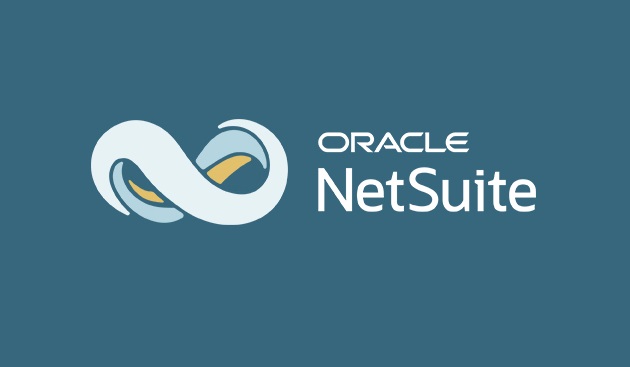40 Under 40 Honoree: Timur Taluy — 31
VP, FileYourTaxes.com, Oxnard, CA
EDUCATION: BS, Electrical Engineering — University of
Southern California
HOBBIES & INTERESTS: Sailing, fishing & travel
PROFESSIONAL AFFILIATIONS: CERCA, NACTP, ANSI OASIS, CBC Federal
Credit Union Board of Directors
What’s the one piece of technology that MOST helps you get through
your normal workday?
“Communication Tools. These essential business tools are such a vital
piece of our lives and livelihood. The phone allows us to communicate at nearly
no cost with anyone worldwide, teleconferences have become the stop gap that
allows individuals in diverse locations to work together in teams. E-mail allows
us to communicate and share thoughts virtually instantaneously in a synoptic
fashion with one or many. The Internet has become a tool that most cannot imagine
how they once did without. We can collaborate, share ideas and work products,
manage and share our calendars all online in real time. Most of the tools and
constructive data that we once had to use manually, or keep and maintain on
our own computers or facilities, now can easily be accessed via online resources.
Making it even more appealing, these Internet services provide a higher level
of sophistication, data security and service availability with less technical
burden to the user.”
What will be the biggest change over the next five years in the ways
tax and accounting firms operate?
“Technological innovations and advances and their diffusion to the workplace
are going to be the drivers for change in the tax and accounting space. Privacy
and security requirements compounded with the complex demands such as the desire
to service mobile clients and accountants will encourage the growth of this
technology.
“The pertinent technology is moving toward a more traditional client-server
relationship. In this environment, the tax and accounting firms rely on facilities
that will provide both software and services in a secure and reliable format
over online networks such as the Internet. The largest firms are able to develop
the infrastructure, to build and maintain these services themselves, and can
distribute it via internal networks. However, smaller and midsize firms are
adopting online, Internet-based facilities. We have seen this with e-mail, but
other more specialized services are going this way. Likewise, we will see strong
pressure to establish centralized repositories of data required to do business,
accessible by all authorized trading partners as well as the clients, with different
degrees of authority.
“This movement will decrease internal operation costs, improve communication
with clients and allow them greater access to their data, and will allow a greater
ease in communication between accounting professionals, improving their productivity
and day-to-day operation. A trend for amalgamation and centralization of professional
services will accelerate, resulting in offices that house more specialized services
that operate in unison, under one roof. As the focus on the security and privacy
of client data continues to evolve, and as we experience tighter regulatory
controls and constraints resulting from existing and future Federal and State
Regulations, the desire to encrypt data and store it in a secure remote location
will increase. Accounting firms will rely on networks such as the Internet to
securely access this data.”
What Timur’s peers had to say about him:
Timur is one of the leading technologists within the tax software community.
The larger tax software companies, such as HR Block and Intuit deeply respect
Timur’s opinion, vision and direction. Timur has been consulted repeatability
regarding his thoughts and comments toward particular IT solutions and insight
as to the possible implications of suggested IT paths concerning the IRS’s
new electronic e-filing initiatives. More recently, Timur has been the driving
force in working with the states and his fellow industry partners to devise
a submission standard that all states will need to comply with when submitting
their data on the IRS’s new modernized e-filing system. Ultimately, this
IT standard will affect the over 40 million individual fed/state tax returns
the IRS receives each year.
Return
to 40 Under 40 Honorees
Thanks for reading CPA Practice Advisor!
Subscribe Already registered? Log In
Need more information? Read the FAQs



